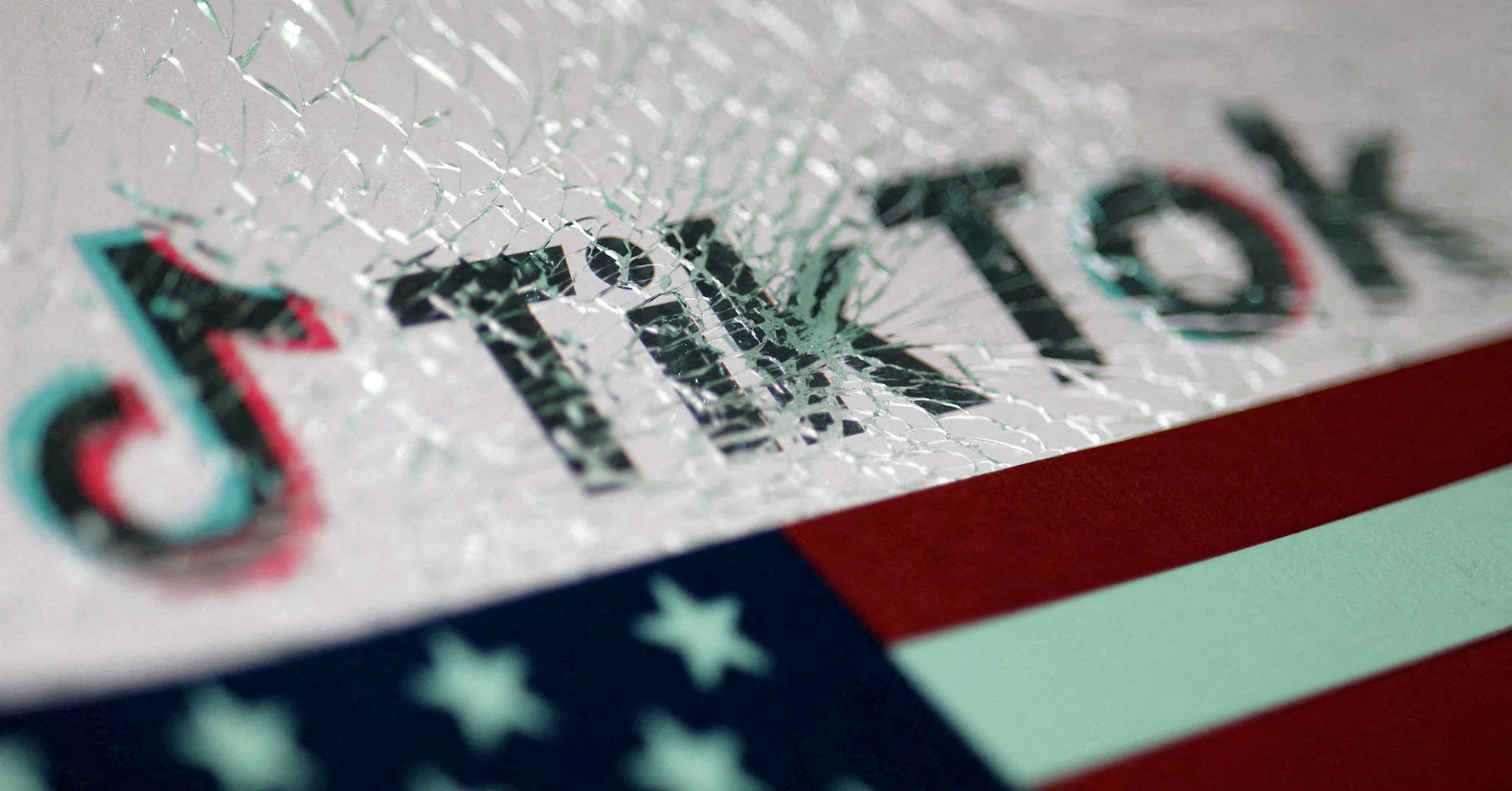
Employees often overestimate the degree that the right to free speech protects their jobs when they’re making public comments outside of work. Particularly with the advent of social media, companies have publicly taken action against offensive or objectionable content that workers post on their personal accounts. Since the assassination of conservative firebrand Charlie Kirk, scores of people are getting a painful lesson about the limits of their First Amendment guarantees in the workplace, as many businesses fire staffers who celebrated or gloated about the murder.
Since Kirk was shot and killed September 10 during an event at Utah University, numerous companies have moved to fire employees who cheered the killing online, or expressed their opposition to the conservative agitator’s politics by ridiculing him in death. Businesses that have confirmed they’ve dismissed staff for offensive posts or actions tied to Kirk’s killing include Office Depot, Nasdaq, Delta Airlines, the law firm Perkins Coie, the Carolina Panthers football team and the Washington Post.
Other organizations that have taken disciplinary measures include Microsoft “reviewing each individual situation” of employees purportedly posting celebratory reactions to Kirk’s murder, and several colleges that dismissed staff for uploading similar messages. A New Jersey hospital, meanwhile, fired a doctor who allegedly “cheered and publicly praised” Kirk’s killing on the job, and reinstated a nurse who was reportedly suspended for first protesting about the celebration on her social media account.
Those sackings may increase as infuriated conservative activists continue scouring social media platforms for content about Kirk they consider inflammatory — then report the names of offending account holders to employers. This week, even allies of President Donald Trump, whom Kirk supported, have begun urging their political supporters to join that denunciation.
“When you see someone celebrating Charlie’s murder, call them out — and, hell, call their employer,” said Vice President JD Vance when he guest-hosted Kirk’s podcast September 15.
Featured Video
An Inc.com Featured Presentation
Some observers have denounced the move to the seize Kirk’s murder to attack mocking political opponents as hypocritical. They note many online comments or celebrations of the killing use the same kind of mocking, goading, and often offensive techniques that Trump, some of his followers, and even supposed free speech absolutist Elon Musk have often used to bait foes.
“This is rich coming from the people that called school shooting survivors ‘crisis actors’,” noted Dwayla on a Reddit post in a thread about the firing of workers who’d cheered Kirk’s murder.
But hypocritical or not, the current counteroffensive by conservative militants has succeeded convincing many business owners to dismiss staff who made controversial posts about Kirk’s death.
Free speech is protected, but jobs are not
That riposte takes direct aim at a misunderstanding of many employees who post controversial content online — even when they’re off the clock.
Indeed, most workers uploading their anti-Kirk messages appeared to assume their First Amendment rights would protect them in the workplace. But employers, particularly in states where people work on an at-will basis, can dismiss anyone they want as long as it’s not for an illegal reasaon. In the wake of Kirk’s murder many people are finding this out as the pink slips pile up.
This isn’t the first time employers have responded to controversial speech or actions by employees with swift dismissals. Over the past year, managers have fired workers for taking what were considered divisive stands on Gaza, transgender and racial issues, and national politics in online posts or during public protests.
Many of those departing workers insisted those views and their expression of them were protected by the First Amendment. They are — but not in the workplace if they risk undermining staff unity and offending customers.
“With a private employee, you really have no rights,” civil rights lawyer Larry Pankey told Atlanta station WXIA-TV. That’s a warning he said he’s been giving alarmed workers who’ve called him since two local companies fired staffers for offensive online posts about Kirk’s murder.
“A private employer is really in business of making money and if they feel your behavior online, on the weekend, or on your own time makes them look bad, they can choose to let you go and you will have no rights,” Pankey added.
Legal rulings on such firings have repeatedly sided with companies that dismissed workers for circulating or posting content online — or even participating in weekend demonstrations — that were considered to reflect badly on the company. While a few states have laws limiting what form of reaction employers can take regarding such messages or activities, those have not offered blanket protections when managers decided staffers crossed a line and needed to leave.
“Most people think they have a right to free speech… but that doesn’t necessarily apply in the workplace,” Vanessa Matsis-McCready, associate general counsel and vice president of HR Services for Engage PEO, told New York’s Eyewitness News 7. “Most employees in the private sector do not have any protections for that type of speech at work.”
Public sector workers, meanwhile, typically even face tighter scrutiny and harsh consequences when their private messaging generates angry or shocked attention.
In addition to potentially offending or angering employers, coworkers, and customers, some posts and behaviors also risk generating attacks by political activists that company managers would rather avoid.
Those pressure campaigns demonstrated their effectiveness over the past two years, as countless businesses toned down, or entirely scrapped their diversity, equality, and inclusion policies after being singled out and targeted by conservative groups.
But Matsis-McCready says companies now have an even more compelling reason to take action against what they consider extreme online posts by employees. Increasingly inflammatory social media content that may have influenced Kirk’s accused murderer may be echoed in recent posts by people celebrating that deadly attack, adding to a growing sense of volatility across the country.
“Because of the violent nature of what some political discussion is now about, I think there is a real concern from employers that they want to keep the workplace safe and that they’re being extra vigilant about anything that could be viewed as a threat, which is their duty,” Matsis-McCready told the television station.
Several contributors to a thread on social media platform Reddit about firings in response to posts about Kirk criticized employers for caving in to actual or threatened pressure from conservative activists. But nearly as many countered by saying dismissed workers should have thought twice about the potential reactions to their provocative messages, as well as about how those might wind up affecting their work and lives.
“Free speech isn’t without consequences, esp at work,” noted Maris_Sea. “Remember folks, company policy isn’t the 1st amendment!”
“If you work in a public-facing company, you should know better than to post anything remotely offensive under anything traceable to your own name,” added CeruleanEidolon. “That’s basic-ass kid stuff.”
Indeed, another redditor took more exception to employees creating the online scenarios for their own firings than their cheering of Kirk’s murder.
“If I were your boss and you were dumb enough to make fun of his death on your main account, I’d fire you for your stupidity, not for your opinion,” lamented drlongtrl.



